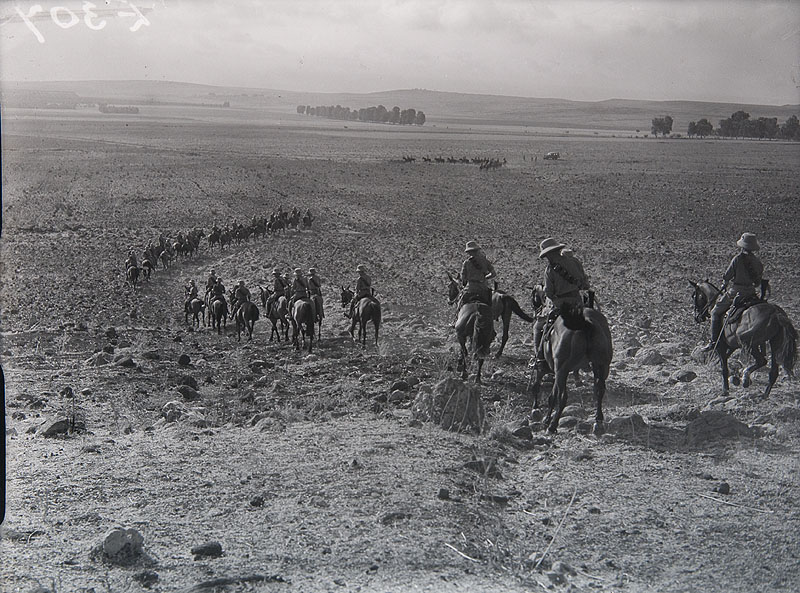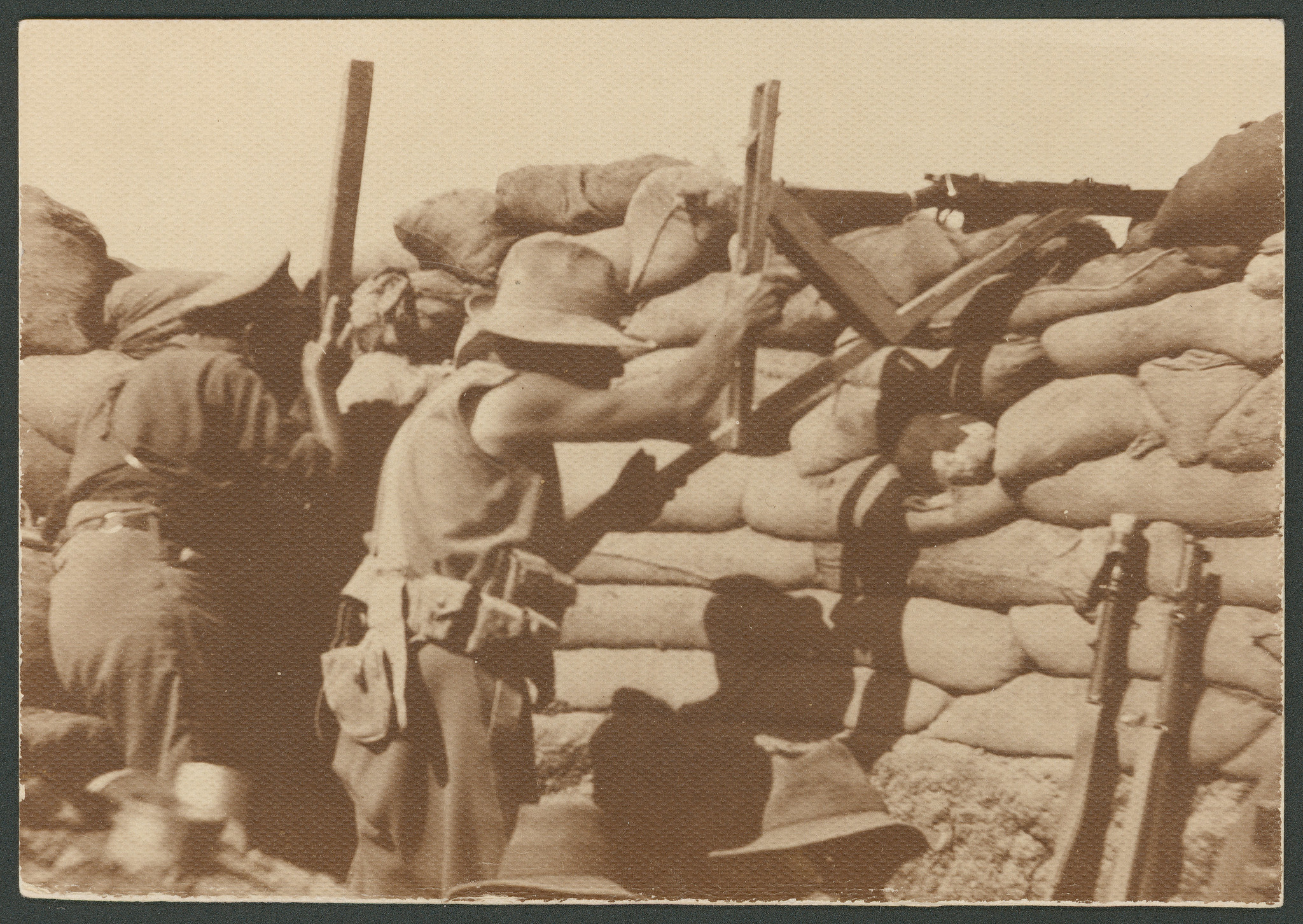Written by Philip Boobbyer.
The collapse of the Italian empire in North and East Africa in 1940-41 created a major headache for British administrators, even while it was a great success for the military. Policymakers had to come up with a way of controlling vast, far-flung territories in a rapidly changing situation. There were only a tiny number of competent people available to manage negotiations, run the finances and police the rule of law. This kind of problem was nothing new for an advancing army. It is one thing to win battles, another to govern defeated territories efficiently in a time of transition.
Leave a Comment

